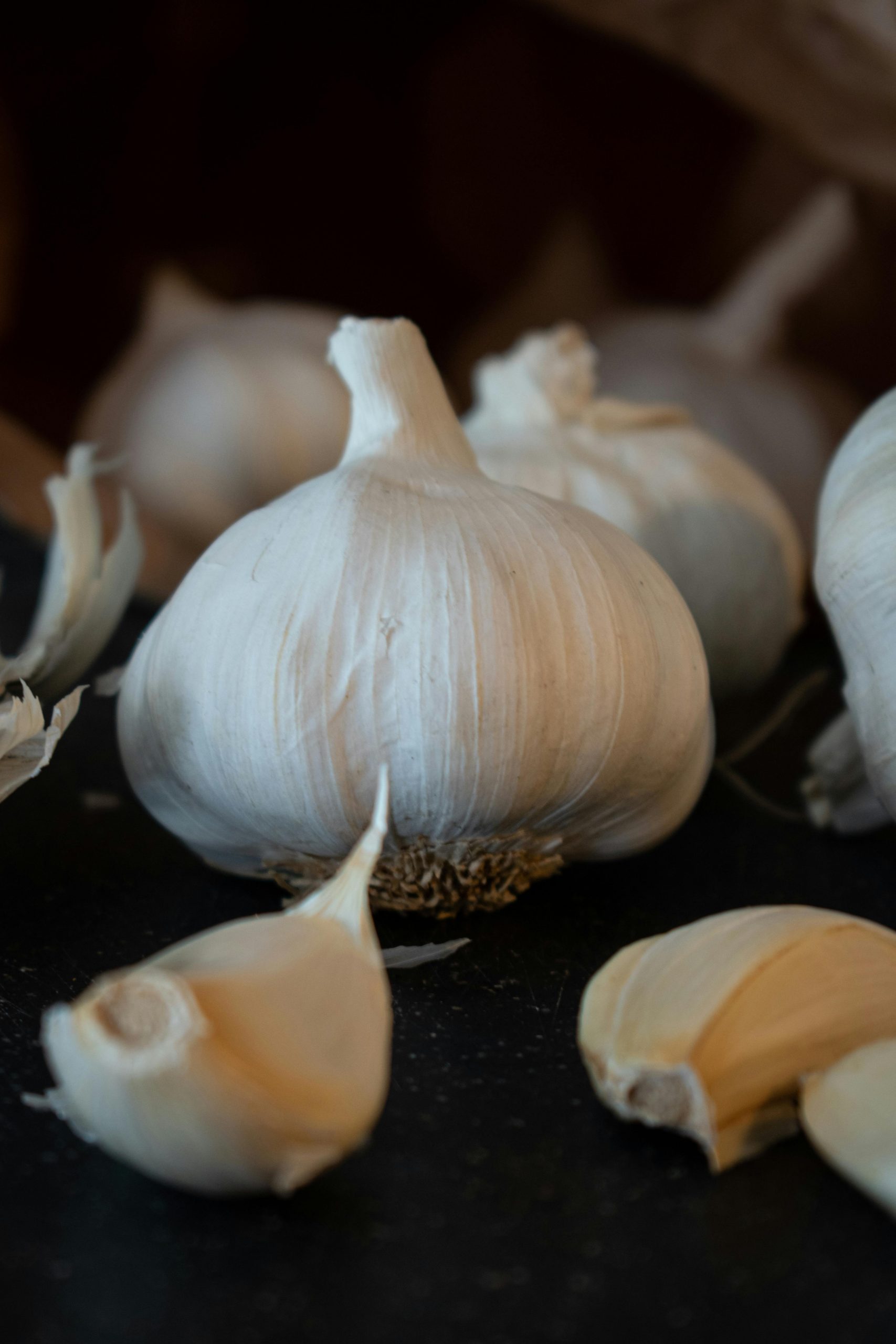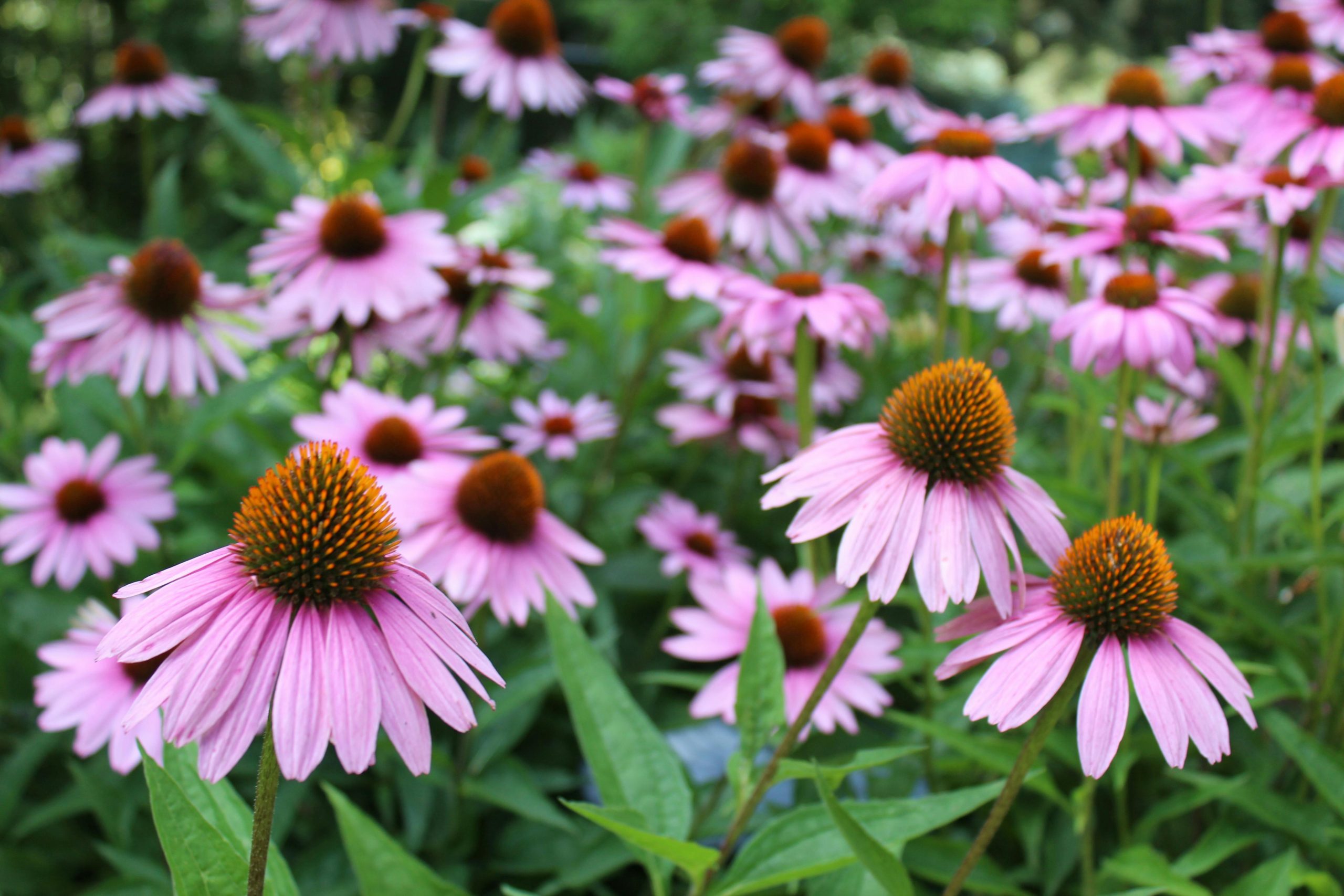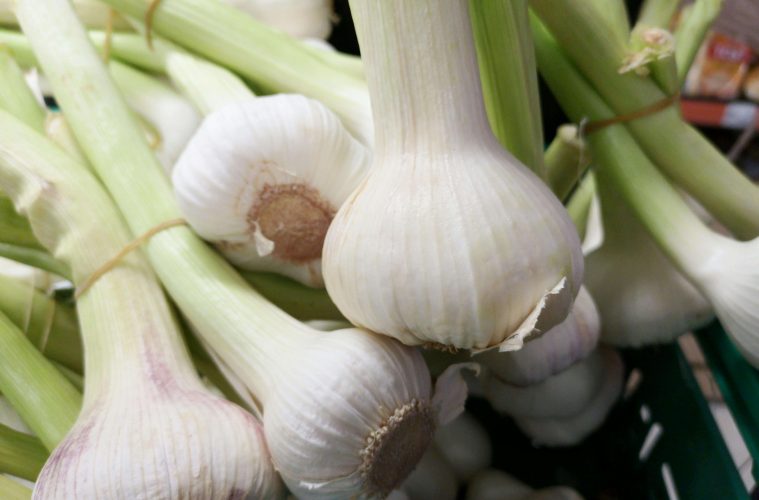With the change of seasons, it is common to come down with the flu. Although there is no cure for flu, there are natural remedies right in your garden that could help alleviate the symptoms.
Some plants provide the sustenance that most living things need to survive, and some provide good sources of vitamins with natural properties. Some garden-grown herbs are naturally suited to relieving cold and flu symptoms.
Plants that relieve cold symptoms
Garlic
Garlic is one of the oldest cultivated herbs. It is grown in most regions and has long been believed to prevent illness while promoting strength and endurance.
Fresh garden garlic can help combat bacteria, viruses, and parasites that affect the body during the winter. To get the most benefits from garlic, crush or cut the cloves before eating them.

Image Credit: Pexels
Thyme
A Mediterranean native, thyme has been used to treat a wide range of illnesses. The antiseptic properties within the herb make it a favourite for soothing coughs, colds, and even sore throats. You can prepare thyme as a tea by freshly chopping it or drying it.
To increase its effectiveness, you can add honey as this also helps soothe your cough and throat to relieve the phlegm in your chest.
Ginger
Growing ginger may not be the most common thing gardeners do, but it is an important element in alleviating colds. It is, however, a well-known cold and flu cure, and for good reasons. Ginger contains diaphoretic properties that increase sweating and warm you up. Ginger can also be used to add flavour to your food, as this can also contribute to other health benefits that could help soothe your body.
Echinacea
Also known as the purple coneflower, the Echinacea plant has been an excellent effective immune booster for years. When flu and colds start taking over your body, your immune system can decrease, and taking Echinacea is very effective.

Image Credit: Pexels
It contains natural chemicals that increase white blood cell activity needed to fight the flu bacteria. On top of being a good immune booster, it is also a beautiful perennial plant in the garden, attracting many wildlife insects. Autumn is the perfect time to harvest your Echinacea roots just in time for the extreme winter temperatures.
ALSO SEE: GINGER SHOT RECIPE TO RELIEVE THE WINTER BLUES
Feature Image: Pexels


